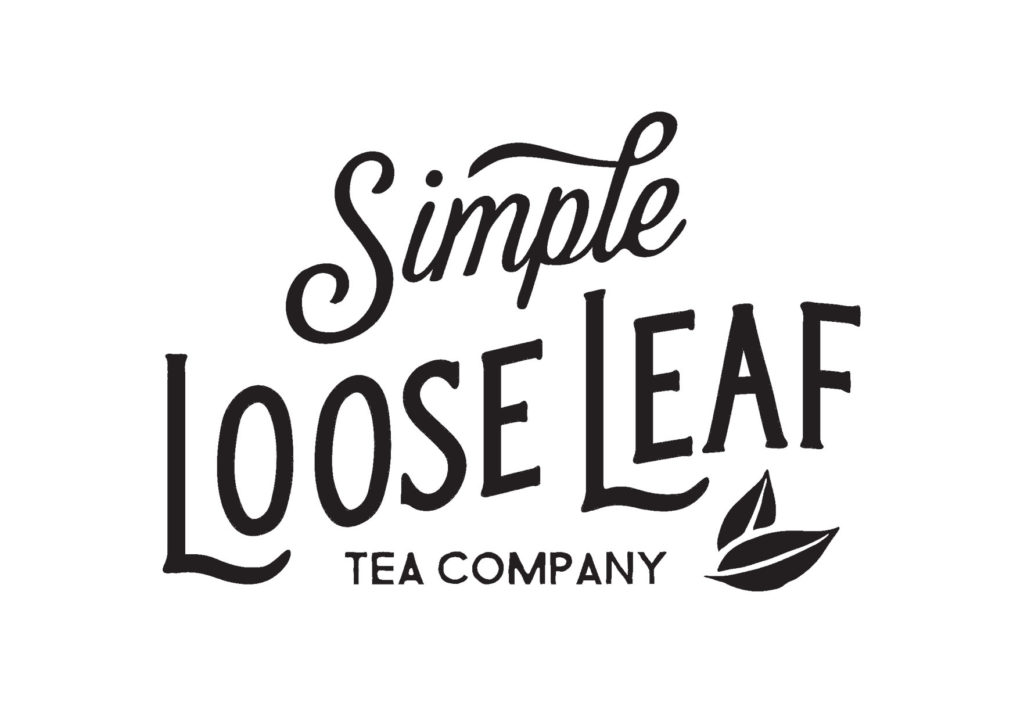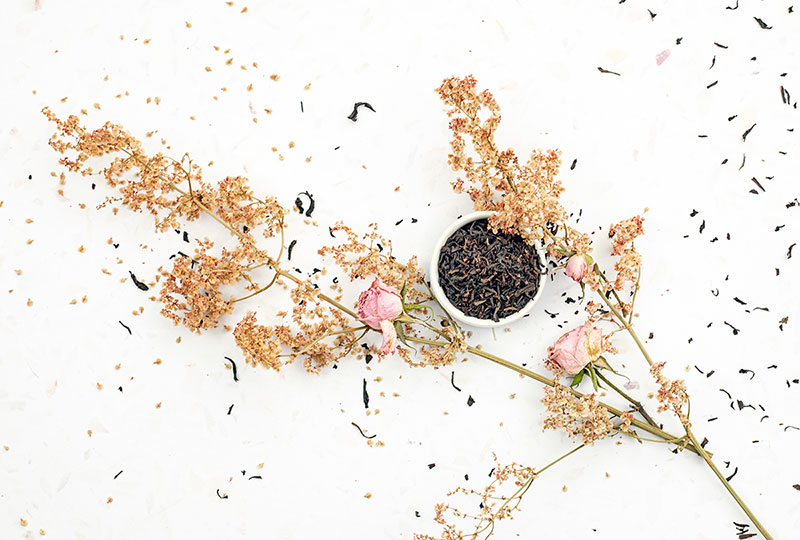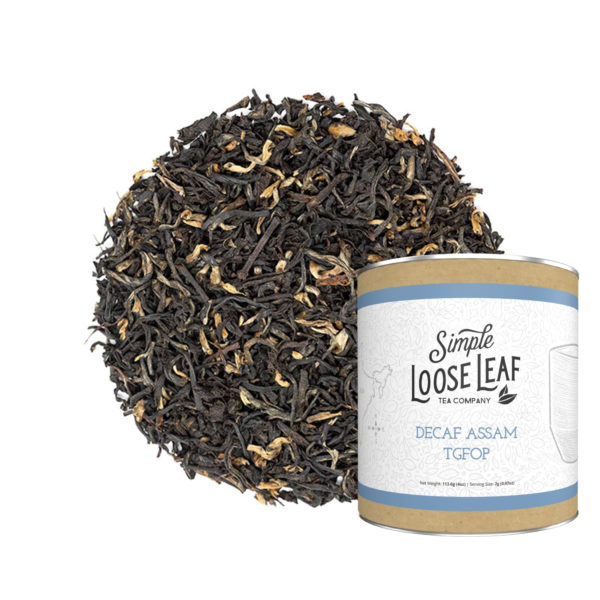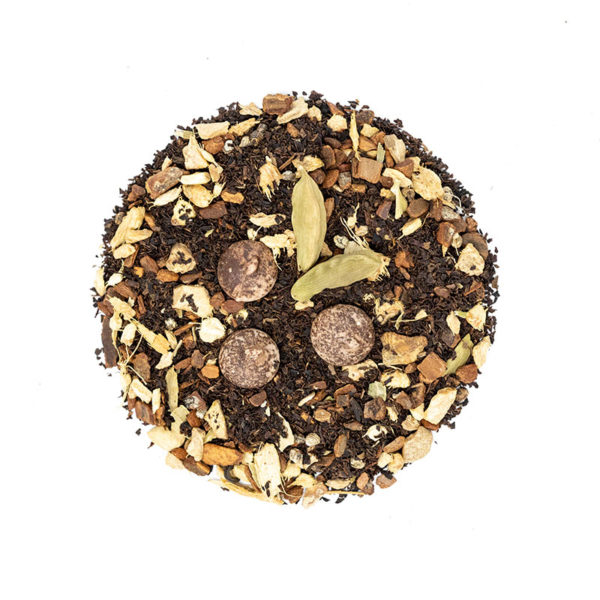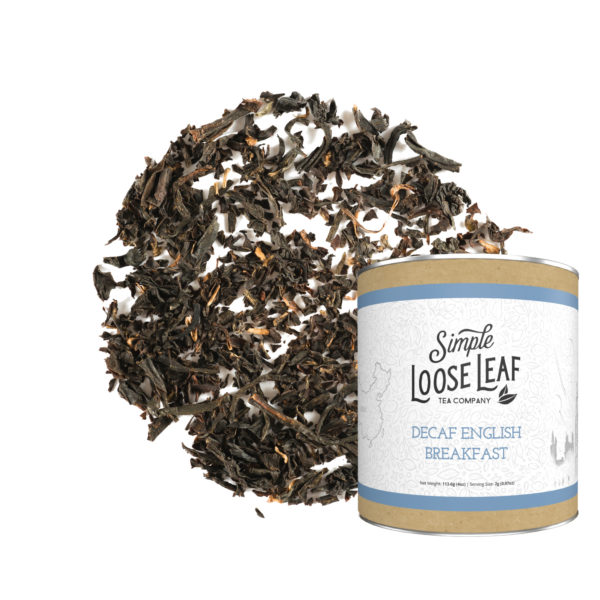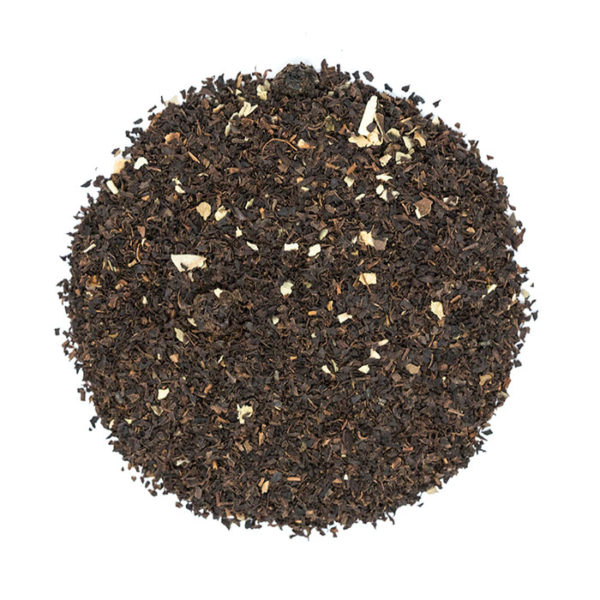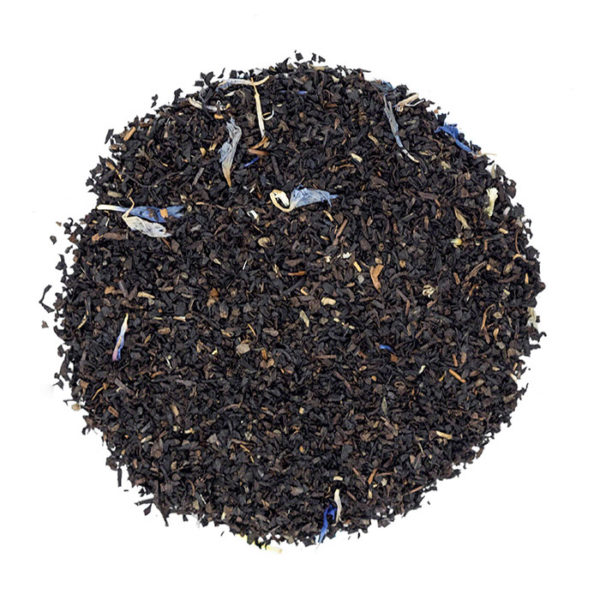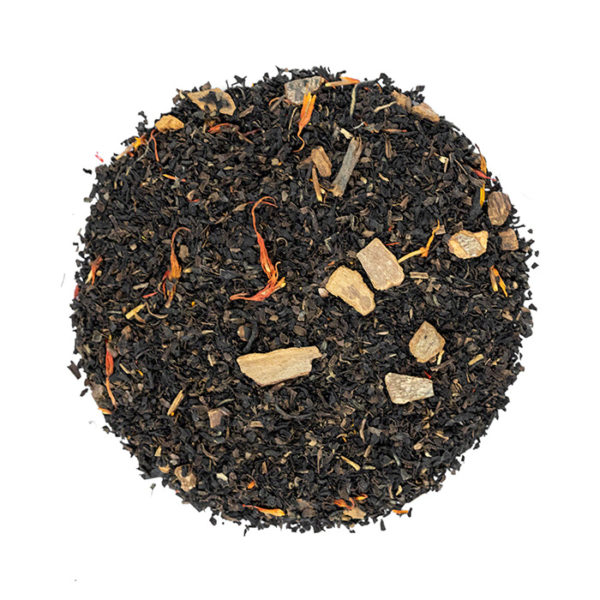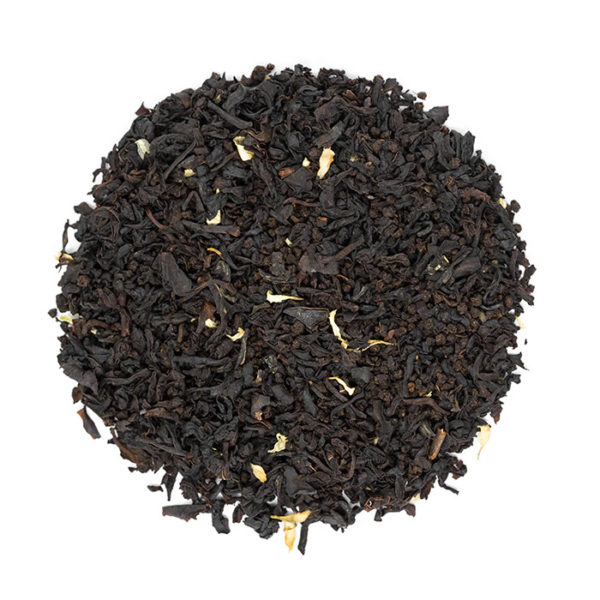Drinking Decaf Tea Guide
If you ever wondered what decaf tea is, you are not alone. Recently, decaf teas have been gaining popularity, and for a good reason. They may provide similar benefits as regular teas, but minus the potential side-effects of caffeine. Read more about deaf teas in our guide.
What is decaffeinated tea?
Caffeine is a hot topic among health-conscious people, and many tea drinkers refrain from drinking tea only because of caffeine. A regular cup of tea will have anywhere between 20 to even 100 mg of caffeine. The amount of caffeine will depend on many factors, and although you can control some of them, you will never be able to fully remove caffeine from tea by yourself. For example, steeping less tea leaves in cooler water for shorter time will give a cup will less caffeine, but weaker a flavor too. Washing tea leaves with hot water before making a cup won’t remove caffeine either.
However, good news is, you don’t need to stop drinking Camellia sinensis tea altogether. Decaf or decaffeinated tea is tea that underwent a process of decaffeination or removing caffeine. There are different methods of removing caffeine from tea leaves, and some may be better than others.
The most common ways of decaffeinating tea are:
1. Using direct solvents
Decaffeination methods using direct solvents such as ethyl acetate or methylene chloride remove not only caffeine, but most of the nutrients and flavor too. Tea leaves are steamed and soaked in solvent until most of the caffeine is removed. This is the oldest decaffeination method that first appeared more than 100 years ago.
2. CO2 method
CO2 or Supercritical Carbon Dioxide method is currently considered the best method for decaffeinating teas. Unlike other methods, it preserves almost all nutrients while removing the caffeine. This means that both health benefits and flavor will stay mostly the same as in the regular tea. Approximately 95% of the nutrients are left intact.[1] Tea leaves are soaked in water or ethanol and placed in high pressure vessels while CO2 acts as a solvent.
Difference between caffeinated and decaf teas
Decaf and caffeinated teas, although very similar, may still have some differences. Most decaf teas will have smaller broken leaves. The flavor of decaf teas will depend on the tea type and the way it was decaffeinated. Some techniques will preserve most of the flavor and benefits, thus offering a cup that’s not much different from the caffeinated tea. Caffeine content will be significantly reduced, but there will still be some caffeine left, usually less than 2 mg per cup, although some types may have more – even 5 mg per cup.
Interestingly, most decaf teas are still black. Decaffeination of green tea, even using the CO2 method, may reduce the amount of EGCg for up to 37.8%[2]. However, this too will depend on the solvent used in the decaffeination process. Studies showed that using water as a solvent will result in more lost catechins, compared to ethanol – which may reduce the catechin content by only 6.2%[3].
You should brew decaf teas in the same way you brew regular teas – using boiling water for black tea, and cooler water for green tea.
Decaffeinated vs caffeine free tea
Decaffeinated tea is all tea that naturally contained caffeine, but it was later removed through a decaffeination process. Caffeine free tea are all teas that are naturally caffeine free. These are mostly herbal teas, such as peppermint, ginger, rooibos or chamomile tea. Decaffeinated teas are made from Camellia sinensis tea that naturally contains caffeine. All caffeine free teas will have 0% caffeine, while decaf teas may contain very small amounts – but usually less than 2 mg per cup.
Best Decaf loose leaf teas
A few decades ago, when tea was still a novelty in most western countries, decaf teas were not as common as today. Today decaf tea is not limited to one or two types anymore – black or green. You can find many types, including specific green, white, oolong or black teas or even flavored blends.
Many important and popular classical teas are available in decaf style too. They include breakfast blends, strong and malty Assam teas, muscatel and floral Darjeeling teas, Chinese Keemun tea, green Sencha teas, Chinese Mao Feng tea and fragrant Jasmine green tea and even oolong tea.
1. Assam black tea
Malty, full-bodied and wonderfully rich, this high grade Assam is a true gem in the world of decaf teas. TGFOP means this tea has a high proportion of golden buds and younger leaves that give a more flavorful, brighter and brisker cup. But wait, doesn’t decaffeination ruin all the flavor? Sometimes, but here’s the catch. This tea was decaffeinated using the CO2 method, proven to minimally influence the flavor and antioxidants. In other words, this method removes the caffeine, but keeps tea leaves healthy and flavorful. The result? A delicious & rich Assam classic that you can enjoy any time of the day or night. Perfect with steamed milk.
2. Chocolate Chai black tea
Chocolate Chai is a decaf tea blended for anyone craving a cup of rich and spicy chai, but without the caffeine. It’s made with a rich decaffeinated black tea, ginger root, cinnamon, and cardamom and brews into a very “Chai” chai tea. Perfect neat or with a bit of milk.
3. English Breakfast tea
Decaf English Breakfast has everything a real English Breakfast tea should have – maltiness, body, personality, but zero caffeine. This organic black tea is made for tea drinkers that want to enjoy the most classical of all classical teas but need to avoid caffeine. Decaf English Breakfast was decaffeinated using CO2 method to preserve both the flavor and benefits.
4. Black Currant tea
Perfectly sweet, perfectly bold, and perfectly suitable for an evening tea time – Black Currant Decaf is the ultimate black currant tea with dried black currant pieces, black currant leaves and black currant flavor. This decaf tea was decaffeinated using CO2 method, to preserve the benefits and rich flavor of black tea – but remove the caffeine. Drink hot or cold.
5. Acai Berry Black tea
Slightly sweet, deep and full-bodied – this caffeine-free berilicious black tea blend is suitable for any time of the day or night. You can enjoy Acai Berry Black tea pure or with milk. What makes it even special? The base of this tea are broken tea leaves full of flavor that brew into a deep and full-bodied cup perfect for topping up with whipped cream.
6. Cinnamon Plum Black tea
Cinnamon Plum is a very simple and a very merry tasting blend, perfect for making a cup of milky tea for a “sip, relax and snooze” routine while binge watching your favorite shows. It’s blended with rich decaf black tea, cinnamon chips and safflowers, and infused with plum flavor.
7. Irish Cream Black tea
This delicious cup of joy has a deep and warming soul. First, when you open a pouch, you’ll be greeted with a pastry-like sweetness that won’t stop there. Upon brewing it will welcome you with rich cocoa and vanilla cream notes infused into a smooth, soft and earthy black tea base, while a pinch of chrysanthemum petals will give it just a touch of floral sweetness. If you are looking for a lighter decaffeinated dessert tea to enjoy after a stressful day, Irish Cream will be like a gentle, friendly hug in a cup.
Disclaimer: This article is for informational purposes only. It’s not intended to replace medical advice, diagnosis or treatment. Every person is different and may react to different herbs and teas differently. Never use teas or herbs to treat serious medical conditions on your own. Always seek professional medical advice before choosing home remedies.
References:
[1] https://world-food-and-wine.com/decaf-tea
[2] https://www.researchgate.net/publication/222669755_Effects_of_cosolvents_on_the_decaffeination_of_green_tea_by_supercritical_carbon_dioxide
[3] https://www.researchgate.net/publication/282679337_Decaffeination_of_green_tea_by_supercritical_carbon_dioxide
